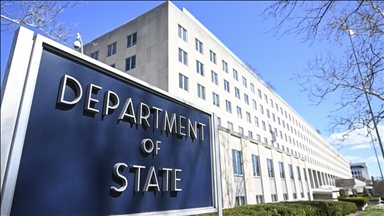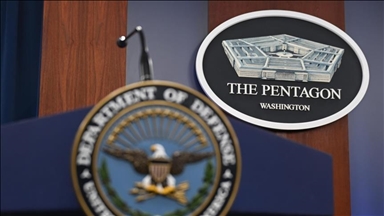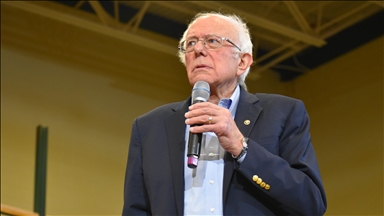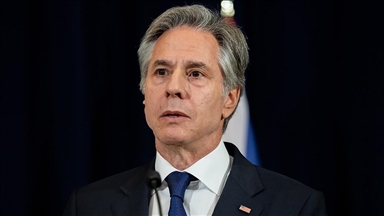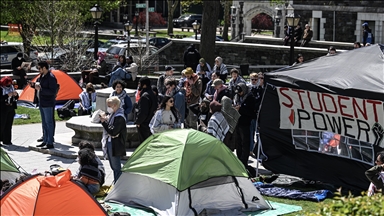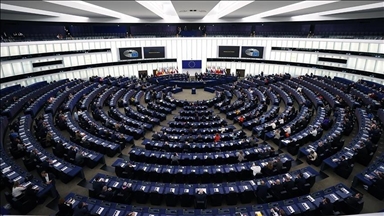No room for Iran in China-Pakistan economic cooperation
Islamabad can't afford bearing U.S., Saudi ire by inviting Tehran to join economic project with Beijing, analysts believe
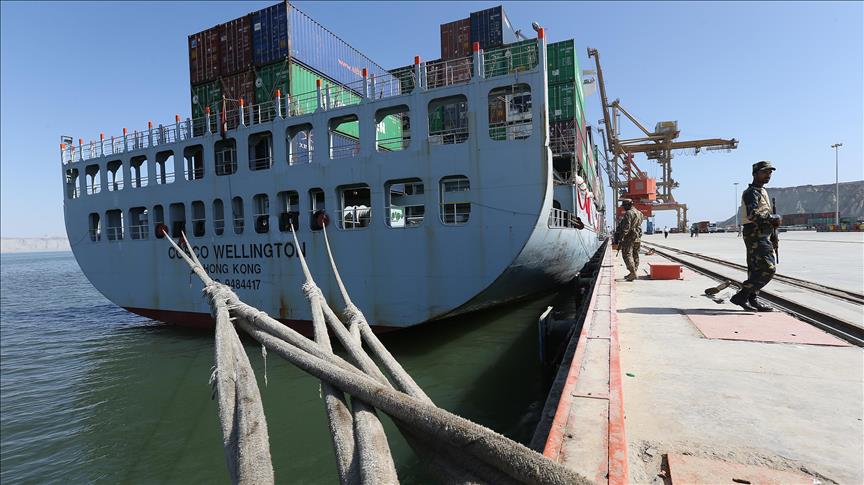 ( Metin Aktas - Anadolu Agency )
( Metin Aktas - Anadolu Agency )
By Aamir Latif
KARACHI, Pakistan
Pakistan is not in a position to entertain Iran’s desire to join the multibillion-dollar China-Pakistan Economic Corridor (CPEC) project due to strong opposition from its longtime allies, the United States, and Saudi Arabia, local analysts reckon.
Iran's ambassador to Pakistan, Mehdi Honardoost, said last week his country was eager to join the CPEC, which is part of Beijing’s ambitious One Belt One Road project, a network of infrastructural projects to connect China to the world.
"We believe CPEC is a very important and giant project which can greatly impact peace and cooperation among countries in the region," Honardoost said while addressing the members of Pakistan-Iran Joint Chamber of Commerce and Industry in the capital Islamabad.
The ambassador went on to argue that the CPEC would not reach its final destination without Tehran’s support, especially in the energy and transportation sectors.
"Practically, there is zero chance of Tehran’s inclusion in the project in given circumstances whereby the Islamic Republic is facing ever-increasing sanctions from the U.S.”, Dr. Shahid Hasan Siddiqui, a Karachi-based economist, told Anadolu Agency.
Islamabad, already under mounting pressures from money laundering watchdogs, could not afford any further isolation by "displeasing" Washington and Riyadh, he went on to say.
The Financial Action Task Force (FATF), a global terror-financing watchdog, put Pakistan on its gray list in June 2018 after Saudi Arabia and China did not oppose a U.S.-backed move against Islamabad.
"Pakistan has not been able to materialize the multibillion-dollar Pak-Iran Gas Pipeline project in the last 25 years due to the U.S. pressure, though Tehran has completed its part a long time ago," Siddiqui said.
"This is more than sufficient to figure out the fate of Tehran’s desire."
Abdul Khalique Ali, a Karachi-based political and security analyst shared a similar view.
"The [Pakistan-Iran] gas pipeline project could meet Pakistan’s growing energy demands but the U.S. pressure did not let Islamabad fulfill its commitment with Tehran. How can we expect a miracle this time," Ali told Anadolu Agency.
Singed in 2014, the $64 billion CPEC project will connect northwest China to Pakistan's southwestern Gwadar port through a network of roads, railways, and pipelines to transport cargo, oil, and gas.
This will provide the shortest route to Chinese cargo destined for the Middle East, Central Asia, and Africa.
In a tit-for-tat move, Iran, India, and Afghanistan signed a multibillion-dollar deal in 2016 to develop Iran’s southern Chabahar Port.
The three countries also signed a three-way transit agreement to extend the trade route to several landlocked Central Asian countries.
"Iran is strategically a very important country for Pakistan. Its inclusion in the CPEC will definitely serve the purpose of regional connectivity," Siddiqui said.
"But the problem is that the current conditions are not in favor of that," he added.
Siddiqui rejected the idea that Chabahar will be a competitor to the Gwadar Port, he said the two ports were not set to rival one another -- and would, in fact, complement each other.
- Economic dependence
Siddiqui ruled out the possibility of any U.S. concession for Pakistan vis-à-vis Tehran’s CPEC hopes even Islamabad is playing the desired role for reconciliation in war-torn Afghanistan.
"Washington has only changed its strategy not its designs for the region. Therefore, I don’t foresee any concession for Islamabad in regard to Tehran’s inclusion in the CPEC," he said.
Ali, the Karachi-based security analyst, said Islamabad’s economic dependence on U.S.-controlled international financial agencies, and the Gulf States, mainly Saudi Arabia, and the United Arab Emirates constituted as another major hurdle in Tehran’s inclusion in the CPEC.
Pakistan’s relationship with the Gulf states is mainly based on economy-related matters. Huge amounts of remittances sent by expatriate Pakistanis in Saudi Arabia, the UAE, and other Gulf states have a significant impact on the country’s economy.
Saudi Arabia and the UAE have recently given a combined bailout package of $12 billion to Pakistan to prop up its ailing economy and declining foreign reserves.
In addition to that, Riyadh is also going to make over $10 billion investment in Pakistan, mainly for the establishment of an oil refinery in Gwadar.
Saudi Arabia and the UAE, which jointly host over 3 million Pakistanis, top the list of countries with the highest remittances to Pakistan. The two countries -- longtime rivals of Tehran -- contribute a combined sum of around $9 billion out of total 20 $billion annual remittances, according to State Bank of Pakistan.
Also, Saudi Arabia and the UAE are Pakistan’s largest regional trading partners, which exported goods and services, mainly oil, of over $7 billion to Pakistan in the last fiscal year.
Whereas, the trade volume between Pakistan and Iran is merely $1.5 billion with no significant amount of remittances from Tehran to Islamabad.
"It is next to impossible for Pakistan to ignore the Saudi and UAE factors vis-à-vis Iran’s wish. So, in my opinion, this desire will simply remain a desire only," Ali said.
Anadolu Agency website contains only a portion of the news stories offered to subscribers in the AA News Broadcasting System (HAS), and in summarized form. Please contact us for subscription options.


